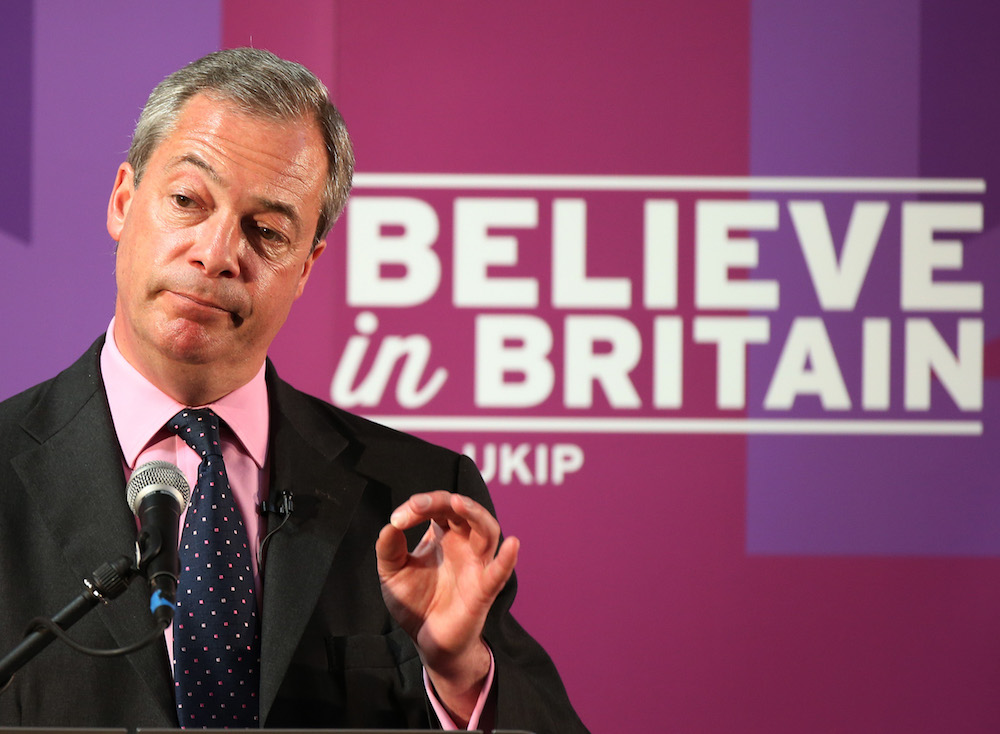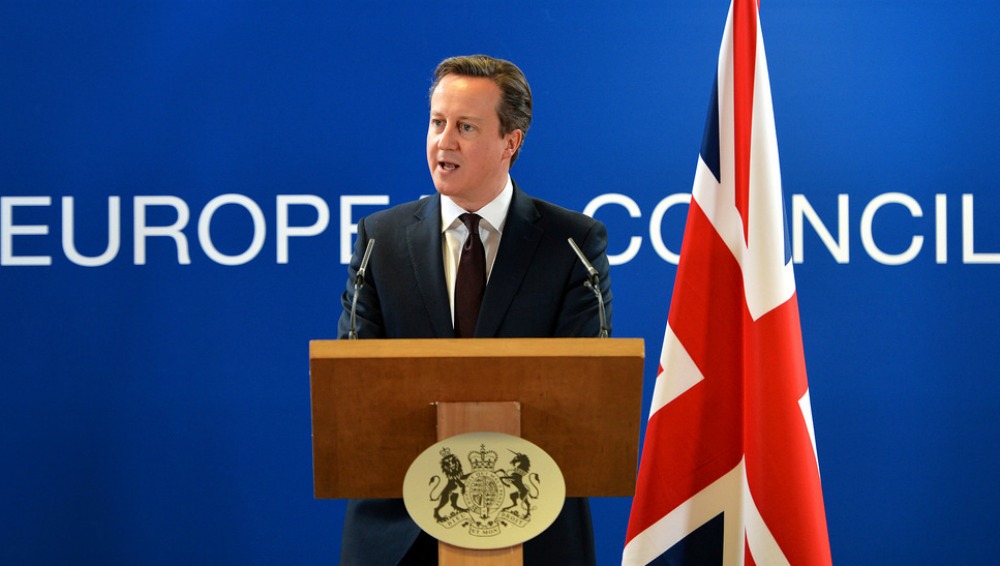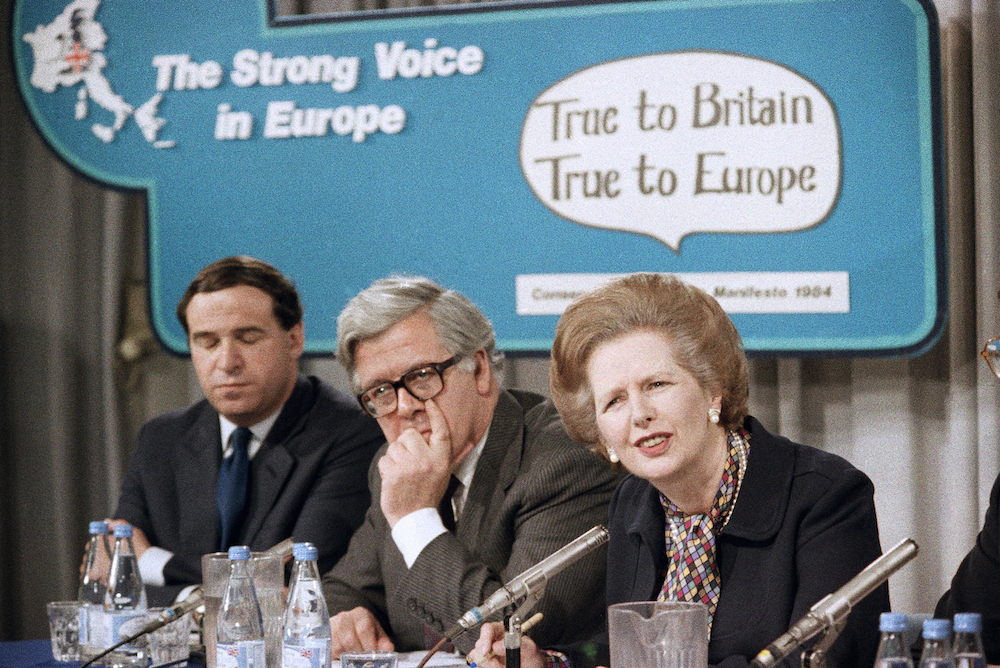Its Reluctance Notwithstanding, Britain Is a Part of Europe
The Island's History and Destiny Are Tethered to the Continent, but It Still Fights for Its Sense of Exceptionalism
The cars zipping unexpectedly by from right to left as you try to cross the street can be jarring for an American newly arrived in Britain. But it’s nowhere near as disorienting as hearing the locals talk about “Europe” as being somewhere else. It begs the existentialist question: If I’m not in Europe, where exactly have I landed? …










